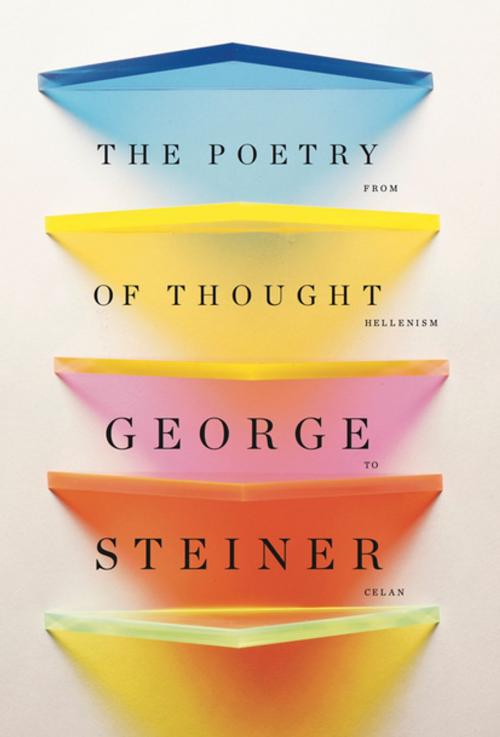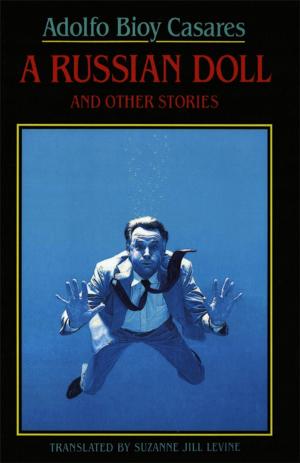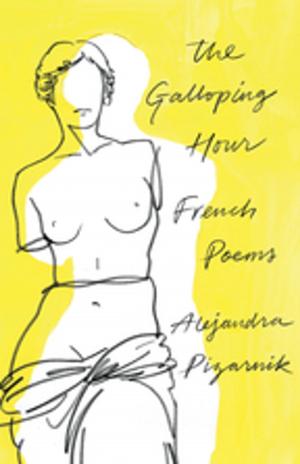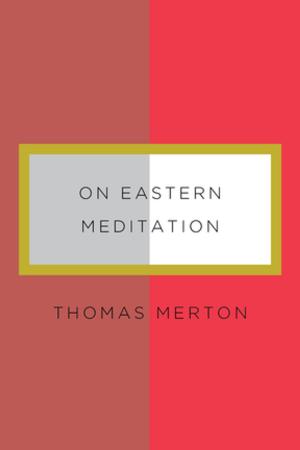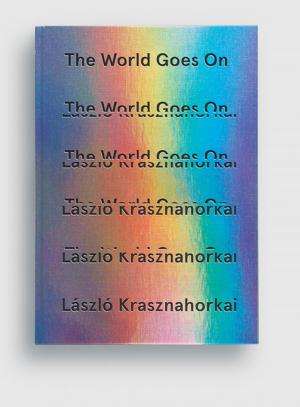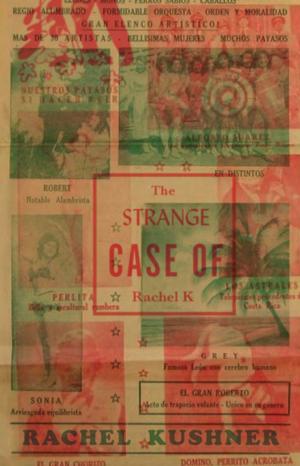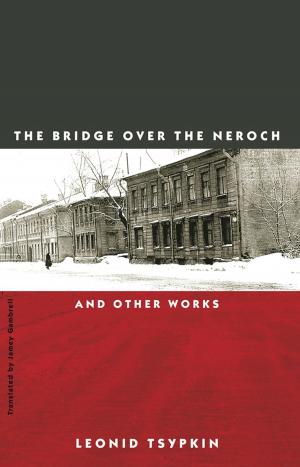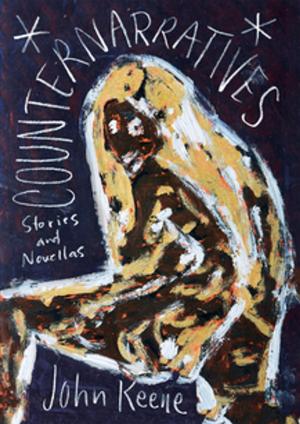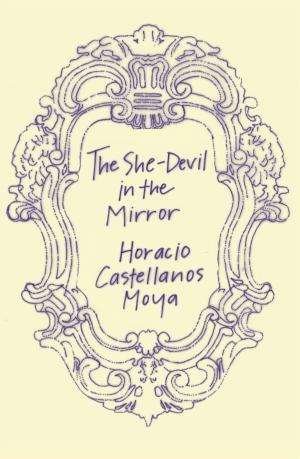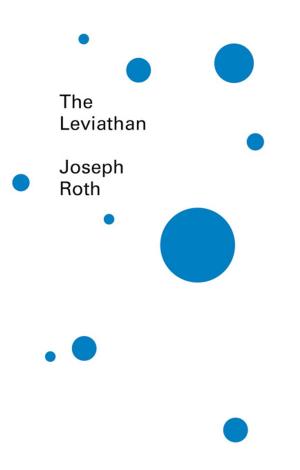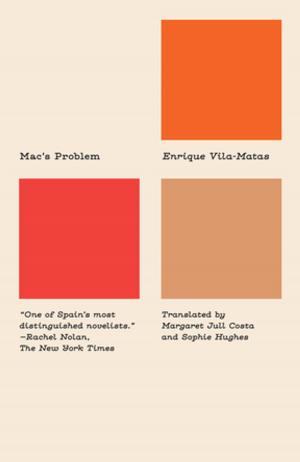The Poetry of Thought: From Hellenism to Celan
Fiction & Literature, Literary Theory & Criticism, Books & Reading| Author: | George Steiner | ISBN: | 9780811219549 |
| Publisher: | New Directions | Publication: | January 24, 2012 |
| Imprint: | New Directions | Language: | English |
| Author: | George Steiner |
| ISBN: | 9780811219549 |
| Publisher: | New Directions |
| Publication: | January 24, 2012 |
| Imprint: | New Directions |
| Language: | English |
From the distinguished polymath George Steiner comes a profound and illuminating vision of the inseparability of Western philosophy and its living language.
With his hallmark forceful discernment, George Steiner presents in The Poetry of Thought his magnum opus: an examination of more than two millennia of Western culture, staking out his claim for the essential oneness of great thought and great style. Sweeping yet precise, moving from essential detail to bracing illustration, Steiner spans the entire history of philosophy in the West as it entwines with literature, finding that, as Sartre stated, in all philosophy there is “a hidden literary prose.”
“The poetic genius of abstract thought,” Steiner believes, “is lit, is made audible. Argument, even analytic, has its drumbeat. It is made ode. What voices the closing movements of Hegel’s Phenomenology better than Edith Piaf’s non de non, a twofold negation which Hegel would have prized? This essay is an attempt to listen more closely.”
From the distinguished polymath George Steiner comes a profound and illuminating vision of the inseparability of Western philosophy and its living language.
With his hallmark forceful discernment, George Steiner presents in The Poetry of Thought his magnum opus: an examination of more than two millennia of Western culture, staking out his claim for the essential oneness of great thought and great style. Sweeping yet precise, moving from essential detail to bracing illustration, Steiner spans the entire history of philosophy in the West as it entwines with literature, finding that, as Sartre stated, in all philosophy there is “a hidden literary prose.”
“The poetic genius of abstract thought,” Steiner believes, “is lit, is made audible. Argument, even analytic, has its drumbeat. It is made ode. What voices the closing movements of Hegel’s Phenomenology better than Edith Piaf’s non de non, a twofold negation which Hegel would have prized? This essay is an attempt to listen more closely.”
